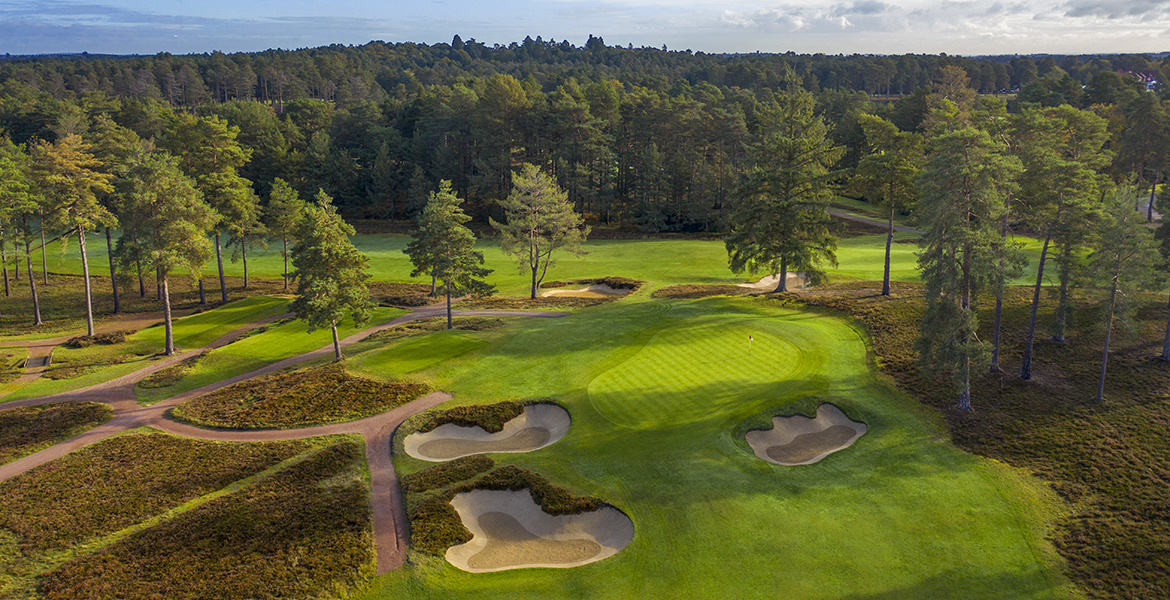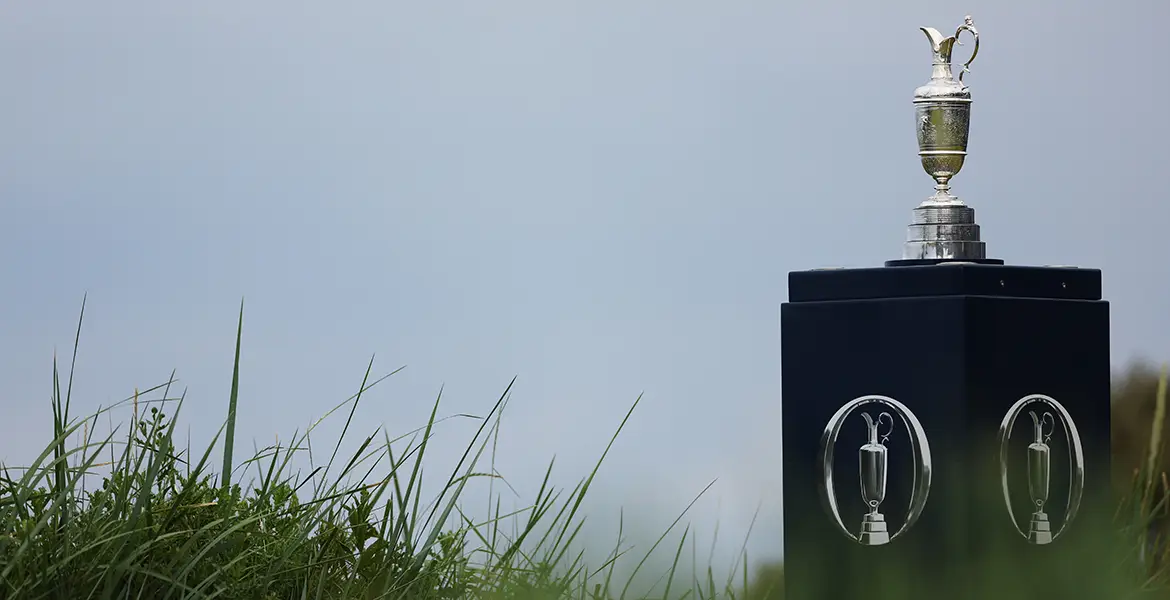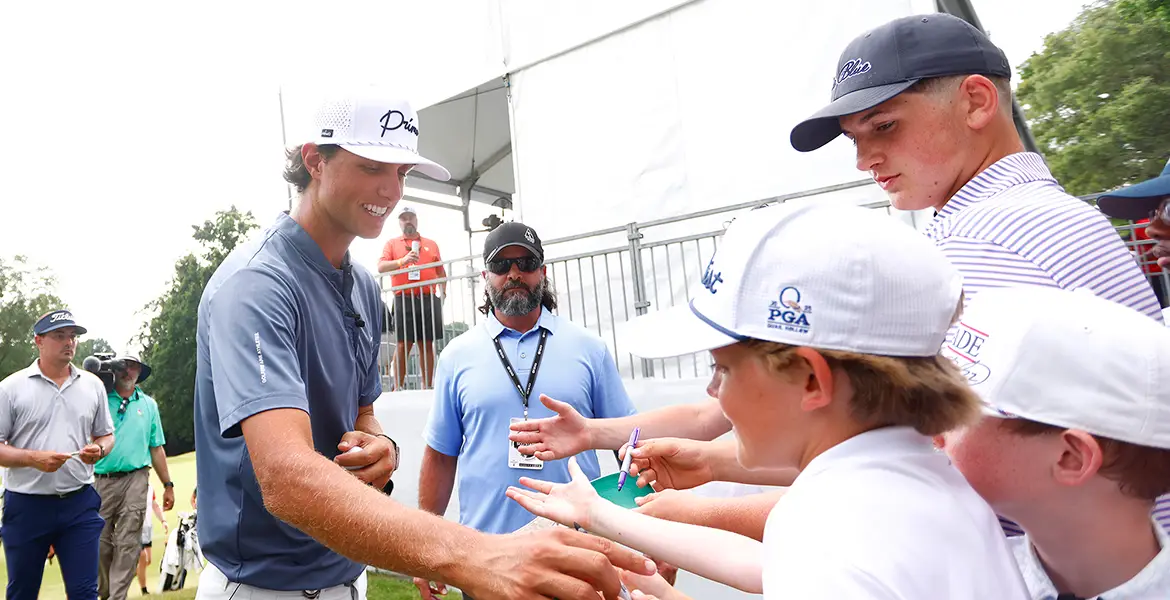By: Bev Norwood
Although we would become friends, I cannot say I knew Greg Norman when I slipped into his limo at Winged Foot after the 1984 U.S. Open. I was the literary agent for IMG and Greg was relatively new to the company. His manager Hughes Norton and I were with Greg and his wife Laura on the way to the airport, Greg having shot 75 to lose a playoff to Fuzzy Zoeller by eight strokes.
The last one in the limo, Greg shut the door and said loudly, “Aw, (expletive).”
That was my introduction to how Greg dealt with disappointment in golf. Those were pretty much his only words on the subject. We were together for several hours, waiting for our flights. We ate dinner at LaGuardia, talked about different things, even had some laughs, but little was said of that afternoon’s golf.
I could not have been more favorably impressed by this 29-year-old Australian, whom I would closely watch in two years—now a quarter-century ago—as he completed a Saturday Slam, leading all four major championships into the final rounds but winning only the British Open of 1986. He played himself out of another, the U.S. Open. To deny Norman the other two required one of the best rounds of Jack Nicklaus’s career and the best shot of Bob Tway’s life.
Through it all, Greg never cursed his luck, publicly or privately. “There are no ifs, ands, or buts in this game,” he told the press after Tway’s miracle. “You have to take what happens. You have to swallow the pill now and then.”
That April he’d taken the lead at the Masters with a 68 on Saturday, only to lose it Sunday on the 10th hole, where he had two double bogeys for the week. “Oh, no, not the 10th again,” Laura sighed from the gallery. A by-then familiar Norman charge followed, four birdies in a row, bringing him to the 18th needing a par to tie or a birdie to beat Nicklaus, who had posted a 65. When Greg drove well, birdie was a possibility, considering his streak of the moment. Then he hit an awful shot right of the green, and Nicklaus walked away with the last and most memorable of his 18 major titles.
Defeat proved a lot. It was a test of Greg’s character that he passed with colors. He was the only challenger to stay until after the ceremony to congratulate Jack. Greg said later he “discovered that day that my maturity level had reached the point it must be to win a major championship. Even when I bogeyed the last hole, I didn’t bogey it out of nervousness.”
The U.S. Open at Shinnecock Hills was nothing for him to write home about. A 75 in the last round left Greg tied for 12th as Raymond Floyd emerged from a pack of contenders to become the champion.
Norman could have lost the British Open at Turnberry in the gales of the first round or in the slashing, horizontal rain of the third, but he held on for 74s on both days. Between those scores came a 63 that equaled the Open record. A closing 69 gave him victory by five strokes.
Endearingly frank, after Greg finally had the Claret Jug in his arms he admitted: “Truth be known, even when I was sitting at the presentation waiting for them to give me the trophy, I was so scared I had done something wrong with the card.” The celebration lasted a week, literally. The Normans were at a party in Los Angeles the next Sunday when they realized at exactly that hour the previous Sunday the British Open had ended.
In the PGA at Inverness, Greg had cruised into the last round, but he lost control of his game, shot 76, and he and Tway were tied going to the 18th hole. Tway’s approach shot found a greenside bunker while Greg’s settled just off the green. When Tway’s sand shot took a couple of bounces and found the cup, and he started jumping and shaking clenched fists, Norman could only look on in disbelief as he took his third loss of the Saturday Slam of 1986.
Late that evening, Greg said to several of us: “So this is the game we all love.” For him, it was a statement. For most, it could well have been a question.






